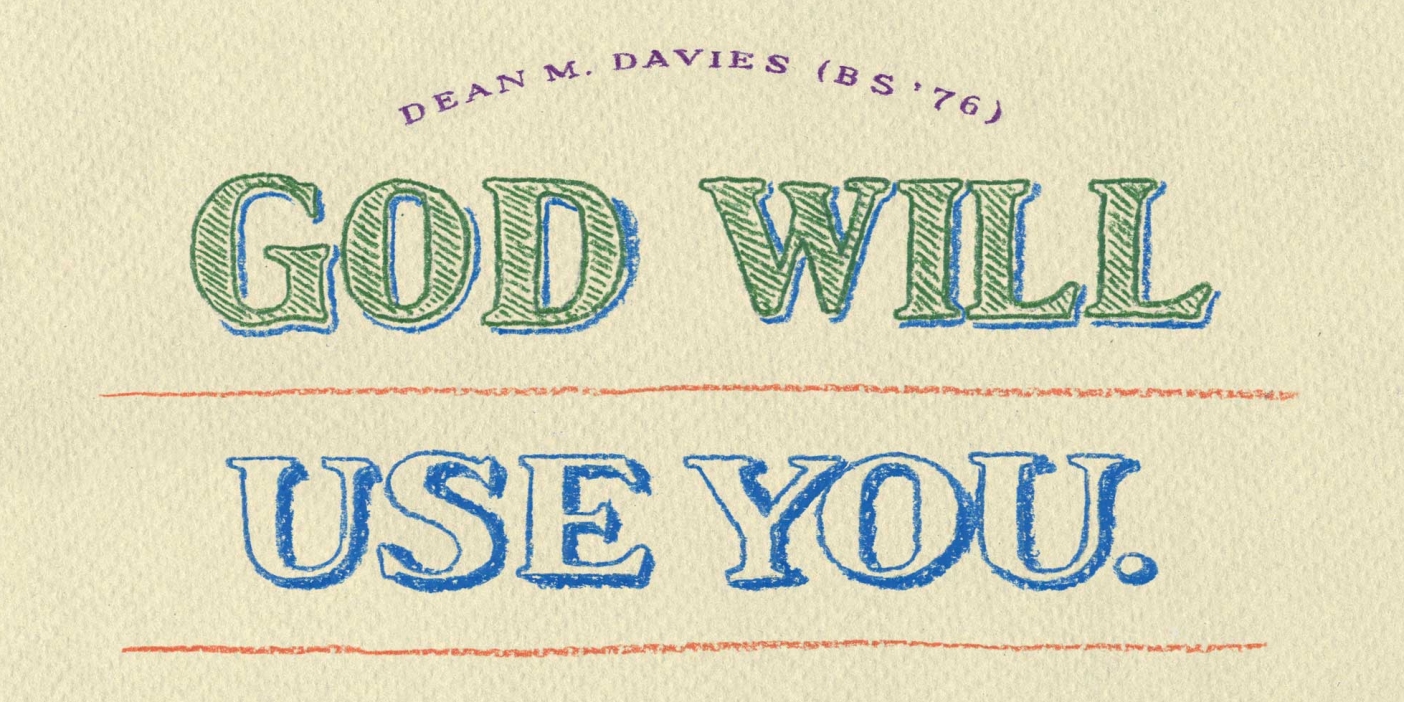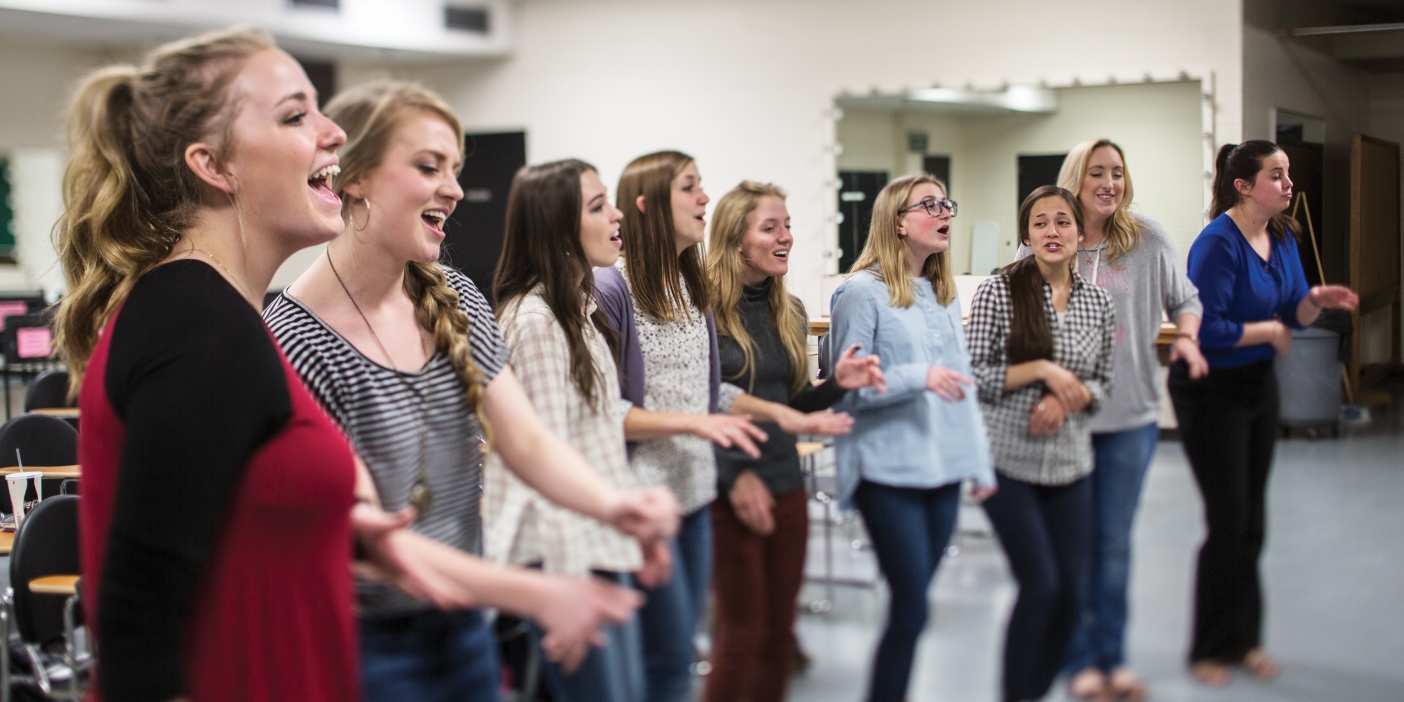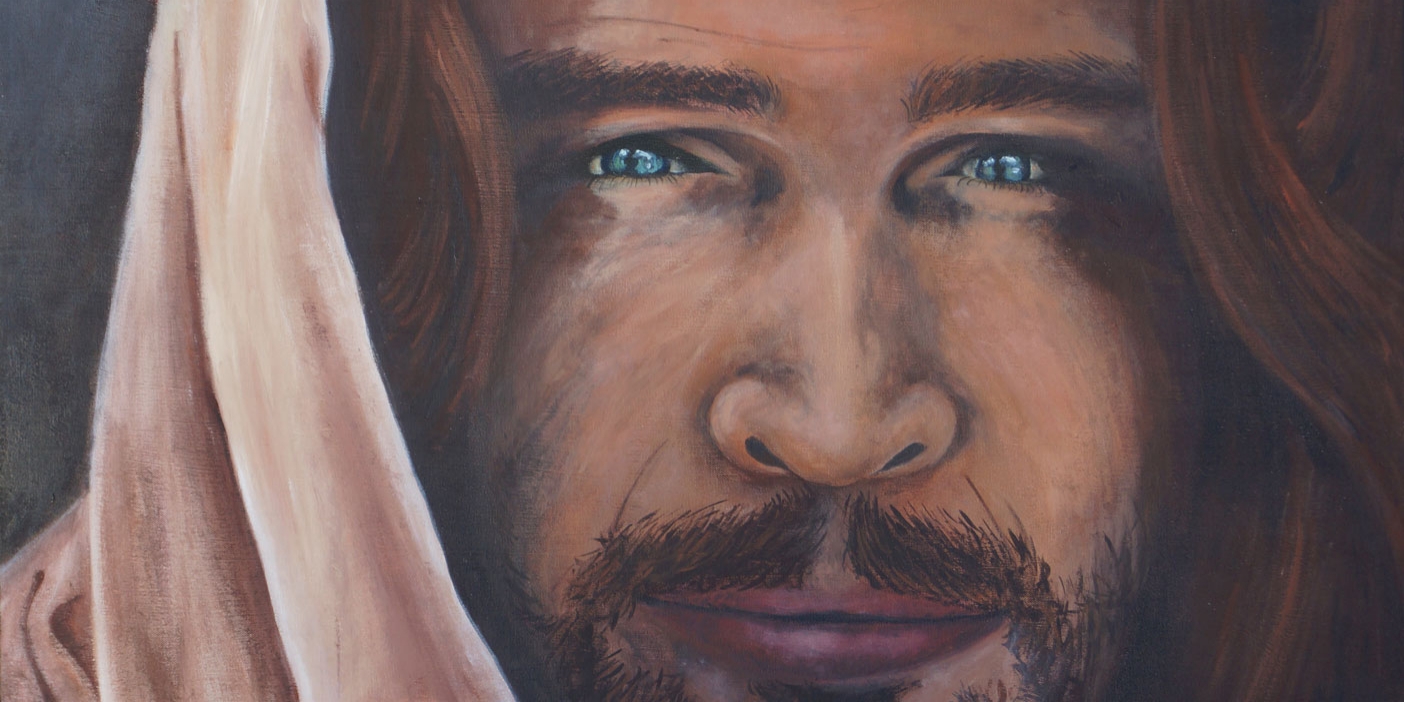A Testimony Through Song
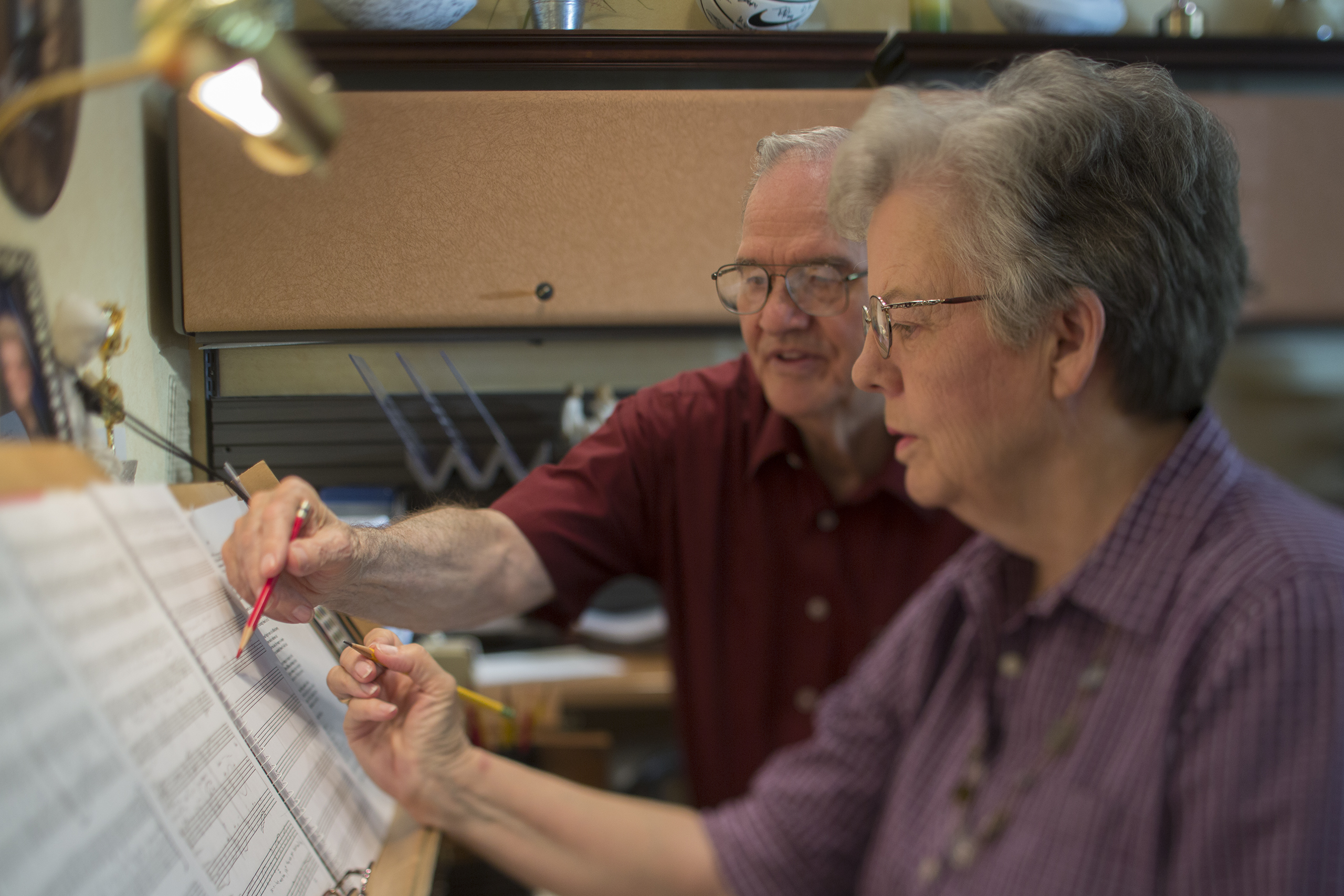
A Testimony Through Song
Generations of Church members express their faith through the music of Janice Kapp Perry.
By Charlene Renberg Winters (BA ’73, MA ’96) in the Summer 2013 Issue
Photography by Bradley H. Slade (BFA ’94)
When Kathleen Kapp Blacker realized she would not survive the cancer that was spreading through her body, she asked her aunt to write a song for her. Although Janice Kapp Perry (’60) writes most of her own lyrics, Blacker wanted Perry to use a poem written by President Gordon B. Hinckley, which Blacker found comforting and which she hung on the wall over her bed.
Perry secured permission from the prophet to write music for “What Is This Thing That Men Call Death?” for her niece, but she did not receive an immediate reply when she also asked whether she could publish it. When President Hinckley died in January 2008, a couple of weeks after Blacker’s death, Perry’s first thought was sorrow at his passing; her second was that the song would never be published.
Remarkably, however, President Hinckley had signed his consent Jan. 25, it was mailed Jan. 26, he died Jan. 27, she received his letter Jan. 28, and on Jan. 29, the Mormon Tabernacle Choir director called to ask permission for the choir to sing the song at President Hinckley’s memorial service. As Perry watched the funeral on television, she was overwhelmed as she heard her music sung by a choir she loved honoring a man she revered.
“It was one of my life’s tender mercies,” she says. Perry’s prolific musical outpouring of more than 1,300 songs has, in turn, provided tender mercies worldwide, giving generations of Church members words and melodies to express their faith.
Lucky Breaks
However, the legacy for which Perry has become widely recognized did not begin until she was nearly 40. Born into a musical family, Perry was passionate about music and sports—and sports had the edge. Much like her mother, Ruth Saunders Kapp—who routinely braved rain, wind, and snow to locate a spot near their home in rural Oregon that could pick up the scratchy sounds of Cougar sports on the car radio—Perry lived for athletic competition.
She grew up with a ball in her hand and was especially renowned for her skill as a pitcher. As an adult, she competed on many city league softball teams, often winning tournaments, and regularly played volleyball and racquetball—her favorite sport.
Yet music also mattered as Perry grew up. She had played the organ in church throughout her adolescence and loved going to dances. The Kapp Family Band usually played, and as Janice twirled with her partner, she would give subtle hand signals so her mother could see how Janice rated the guy. After her father, Jacob Kapp, passed away, Janice filled in on percussion, backing up her mother’s piano. “Their encouragement was everything,” she says of her parents. She studied music at BYU and promised her father she would find a way to use her music major.
Sports, though, remained at center stage in her life until, at age 38, Perry got lucky. She broke her ankle playing basketball.
As her son John D. Perry (BA ’92) explains, “She actually had two lucky breaks. Our television also broke. Mom couldn’t just sit and watch TV while she waited for her ankle to heal, and as she looked around for a safer activity to give her fulfillment, she was invited to write original music for our ward road show.”
“The words seemed to come faster than I could write them. It was like taking dictation.” —Janice Kapp Perry
Contemplating the assignment, she remembered an incident from her adolescence. While walking home from school with friends, someone had asked how people wrote music. Janice had shrugged and said she thought anybody could if they wanted to. A friend challenged her to write something; she accepted the challenge, got help from her mom, and composed “I Walked in God’s Garden.”
“I told myself back then that I probably could write songs and maybe someday I just might do it,” Perry recalls.
“Mom started writing in many styles,” says another son, musician and composer Steven Kapp Perry (’87). “Almost immediately, though, she gravitated toward inspirational music.”
Perry began entering and winning Church song-writing contests. Sometimes she procrastinated and still won, as exemplified in a 1981 contest entry.
“Two days before the entries were due, I asked my husband (Douglas C. Perry [BA ’64]) for an interesting idea,” Perry says. “When Doug learned I had known about the competition for a year, he rolled his eyes but said he would try. He saw a sampler stitched with the words ‘Love Is Spoken Here’ and said, ‘There’s your title. Go for it.’”
The idea reminded her of her childhood home and the strength she had always drawn from her mother’s prayers and her father’s priesthood. She wrote a verse about each of them that could be sung over a common harmonic structure. The song won and was published in the Ensign. A few years later a Primary teacher living in Texas asked if she could make the title into a cross-stitch sampler.
“It had come full circle, from a cross-stitch sampler to my song to the Ensign to a Primary in Texas and now back to a cross-stitch sampler,” Perry says. The song would later lend its title to a Tabernacle Choir album as well.
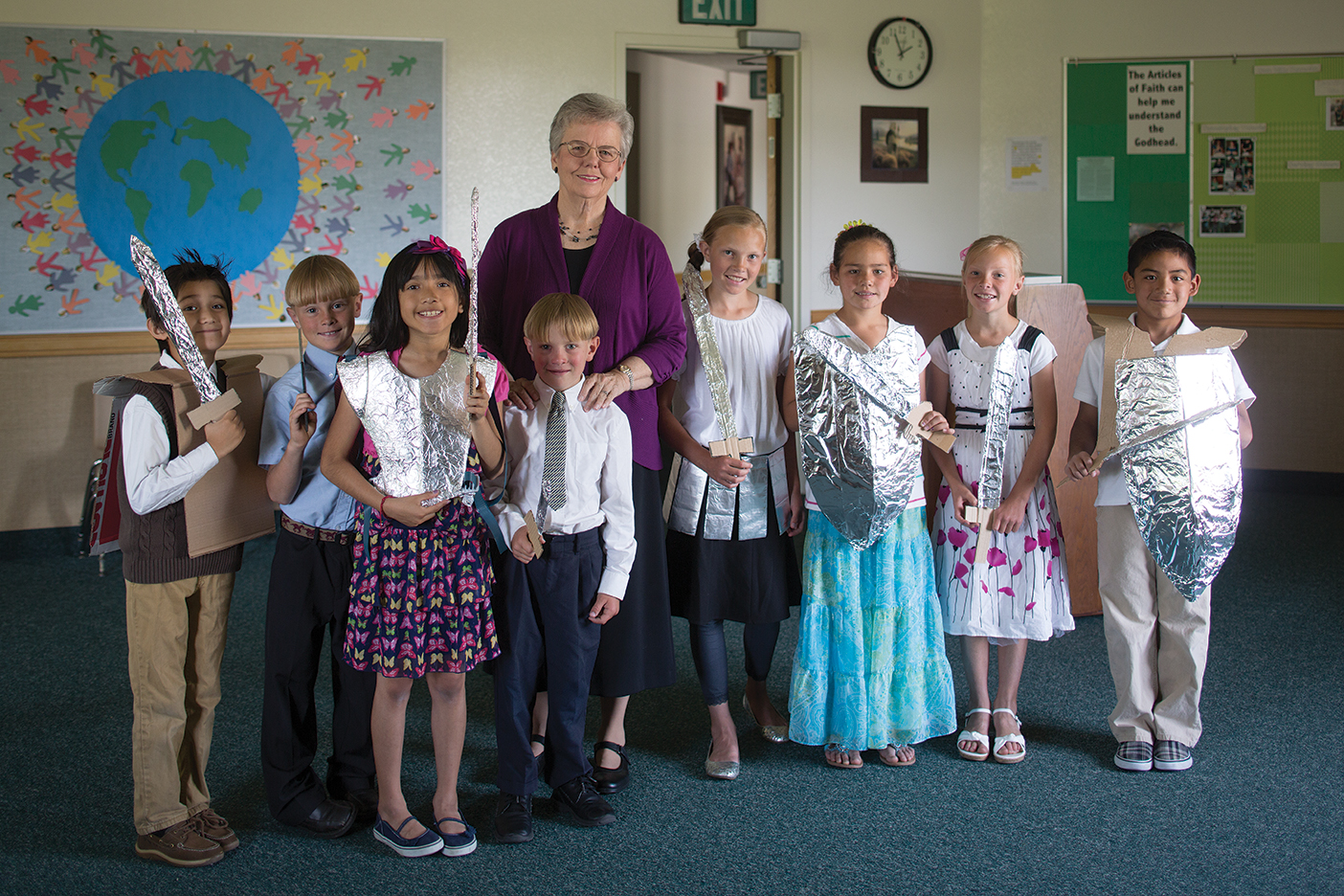
Perry also began responding to requests. When someone asked for a song for a Young Women’s activity, she wrote it. If someone wanted a new work for a ward meeting, she did it. When a stake leader asked for a composition, she accepted the assignment. When a conference theme was kindness, she wrote “I’m Trying to Be like Jesus,” an instant favorite among children. Often the requests came at the last minute, but she tackled them anyway.
“I had been inspired by the much-loved ‘I Am a Child of God,’” she says, “and hoped that someday I also would produce at least one song that would be sung by Primary children in the Church.” Her modest goal blossomed into hundreds of compositions, many of them beloved by adults and children worldwide.
Favorites
“I wept the first time I heard ‘Army of Helaman,’” says Craig D. Jessop (MA ’76), the former director of the Mormon Tabernacle Choir who is now a professor of music and dean of the Caine College of the Arts at Utah State University. “It hit me with enormous power.” Perry felt the same kind of emotion when she was invited to a BYU football team meeting on her 70th birthday and 100 players surprised her with an enthusiastic rendition of her missionary anthem.

When LDS Living posted its “100 Greatest LDS Songs” in early 2013, Perry’s personal favorite, “A Child’s Prayer,” topped the list. “Army of Helaman” (or “We’ll Bring the World His Truth”) also placed in the top 10, and six other Perry songs made the list (all in the top 30). She has recorded 90 albums, and millions of listeners have heard and responded to her songs on YouTube.
“Children absolutely love to sing her music,” Jessop says. “She has an unmatched gift for melody that I believe comes around once a century. My dear friend deliberately writes music and words people can play, sing, and recall easily, but her work has depth and enough substance that you never get tired of it.”
Mack J. Wilberg (BM ’79), musician, composer, arranger, and current director of the Mormon Tabernacle Choir, echoes Jessop’s assessment. “Her gift lies in capturing, through melody and words, profound concepts that only on the surface may seem simple. Her biggest gift is writing for children, which, as we all know, is the hardest thing in the world.”
Wilberg frequently selects Perry’s music for the Tabernacle Choir. “One of my favorites, ‘Mother, Tell Me the Story,’ is a beautiful tune, and I have included it in the choir’s new CD of Primary songs,” he says. “I added orchestration, but I changed very little of her initial vocal writing. It is perfect just the way it is.”
Everyone seems to have a favorite Janice Kapp Perry song. Her son Steven especially likes “Jesus Was No Ordinary Man.”
“I direct tours to Israel, and a choice moment inevitably occurs when we tour the cities along the Sea of Galilee, where Jesus taught and fed the multitudes,” says the former BYU Young Ambassador and a music host for BYU’s Classical 89 radio station. “When I take the tour participants onto the sea, I cut the engine, we begin to drift, and I sing the song as we look around the region. ‘No Ordinary Man’ comes alive in a whole new way.”
Kathleen Hinckley Barnes Walker (’61), daughter of President Hinckley, found an enhanced appreciation for Perry’s “I Love to See the Temple” in 2001, when she traveled with her parents to Ghana for a temple dedication. In a cultural celebration the evening prior to the dedication, 800 children dressed in white faced the audience. A young girl lifted a tiny baton and sang the first two bars of “I Love to See the Temple” to set the pitch.
“This kindly man with such a gentle touch helped me see how my challenges could be a blessing in my life.” —Janice Kapp Perry
“She then waved her baton for all she was worth as she directed the other children,” Walker says, “and as they sang, a picture of the temple dropped. It was electrifying and unforgettable. I have heard that song hundreds of times; I have sung that song hundreds of times. Yet I have never seen it sung more powerfully. It illuminated the joyous significance of a dream. They finally had a temple nearby to bless their lives.”
Perry says it is humbling to learn that her music has touched someone’s life. “And I love it when people who have experienced adversity let me know that my music has helped them.” One man wrote following his wife’s death. “He said the only way he endured his sorrow was to put ‘The Test’ in his tape recorder and play it repeatedly until he felt he could meet his own test.”
Perry wrote “The Test” in response to a disability that blindsided her many years ago. The woman who had typed for students and professors in her home for 15 years and who played the piano with confidence and beauty suddenly could not hold her left hand in a normal position. A sort of paralysis caused her fingers to curl and her wrist to pull under. “I cried a lot about it,” she recalls. “We could find neither a diagnosis nor a cure.” She went to doctor after doctor for help, including a blind physician.
“I complained about how inconvenient it was to write music with a disabled hand,” she says. “Then I was struck with the irony that I was speaking to a successful doctor who was blind. How inconvenient that must have been for him. This kindly man with such a gentle touch helped me see how my challenges could be a blessing in my life.” Perry continues to struggle with her left hand; she says she has learned to compose music in her head instead of on the keyboard.
No strangers to deep personal trials, the Perrys felt their hearts break when their fifth and last child died shortly after birth; yet their confidence that they would see him in the next life sustained them. From that experience came the song “Where Is Heaven?” Perry later suffered a stroke, from which she is largely recovered. “My family really rallied around me,” she says, “and like always, my husband helped me through this challenging time. We have had our share of tests and trials but have shared a wonderful life together.”
Making Notes
Noting his admiration for his mother’s talent, Steven says, “It fascinates me to see how her music becomes a puzzle where all the pieces fit.” And in her song writing, he explains, she has a disciplined pattern: “She sits down, goes through a ritual of prayer, scripture study, and pondering, and then she will start to write.”
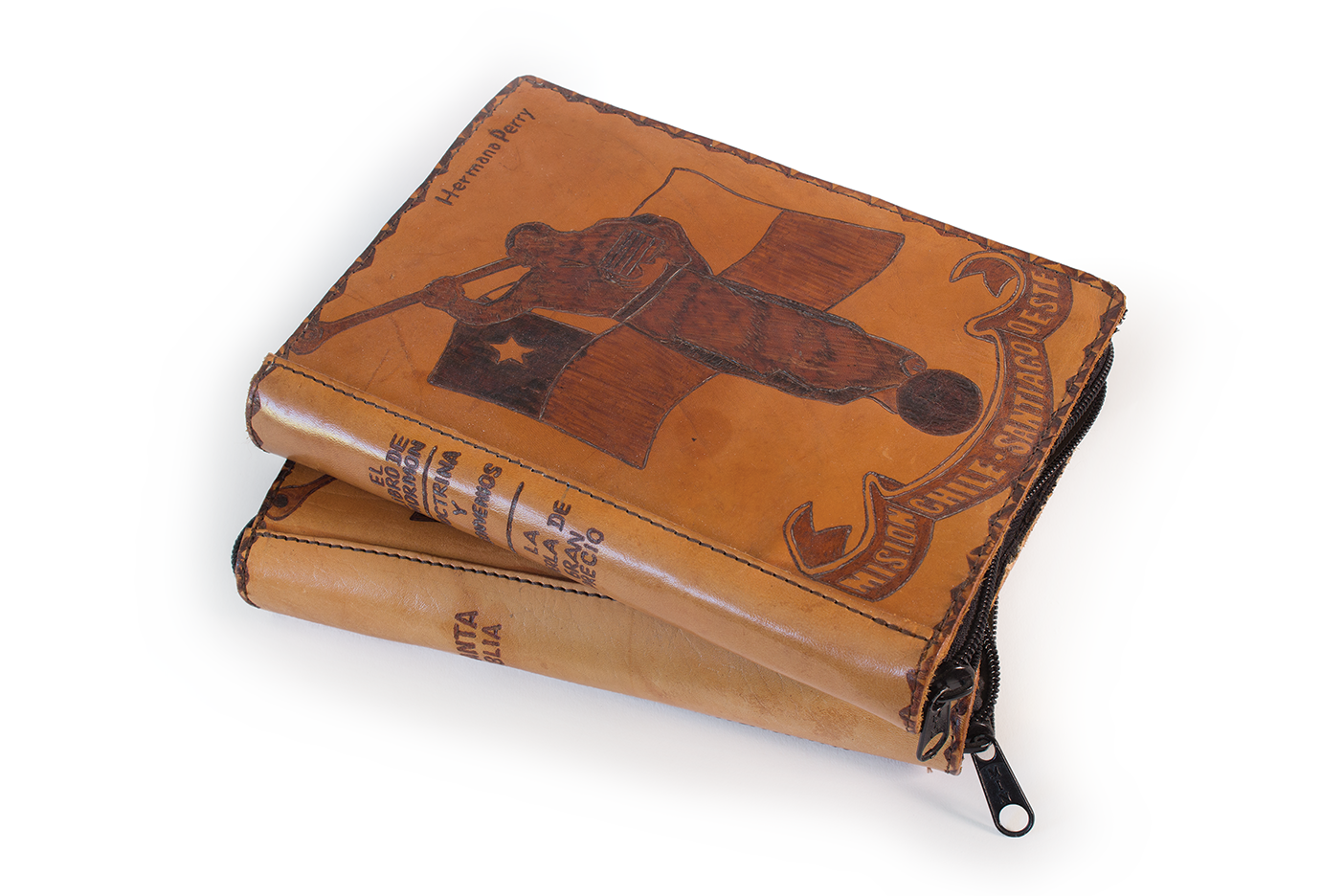
Perry adds, “Once I’ve contemplated my next song and set my subconscious mind to work, I will stop and do something mindless, such as vacuuming the floor or washing the dishes. By the time I’ve finished the chore, the main idea for the song has usually come into my mind, and I can go to my studio and start writing it.”
When she finishes composing, she hands the music to her husband for engraving. After years in the tech industry, Doug began engraving music for clients nationwide. When demand for Janice’s music grew, he began working full-time for the Perry business, Prime Recordings.
Perry emphasizes that her 35-year adventure in music has been a family project from the beginning. Son Steven’s music represents more than a score of the Perry albums. They have recorded two albums of music by their daughter, Lynne Perry Christofferson (’85). Son Robert L. Perry (BA ’89) has helped with the computer work in the family music business, and John has devoted his career to managing the company. All four children and several grandchildren have sung on the Perry albums, and the entire family toured and performed together in their musical It’s a Miracle in the 1980s.
Written by Perry and her cousin Joy Saunders Lundberg (’60), It’s a Miracle was a full-length musical designed to promote missionary service. The duo originally composed it at the request of a stake president who wanted to influence members to go on missions; Perry and Lundberg then expanded it and took it on the road for three years and 239 performances.
“Imagine our satisfaction,” Lundberg says, “when we learned that the production actually inspired many of our young Church members to become missionaries.”
Steven says his mom approaches her writing the same no matter who the audience is. “I’ve always been impressed that she doesn’t worry whether she is composing for a small group of 11-year-olds or for a large audience. Mom has a willingness to bloom where she is planted. A long time ago Mom spoke with someone in Church music who told her if her compositions were meant to go somewhere, they would. He encouraged her to bless her own little part of the vineyard, and she took it to heart.”
Perry’s own little part of the vineyard has grown to include official commissions by the Church. One of the most daunting came from the Young Women organization, which needed a song to embody its (then) seven values, and they wanted them in order.
“She has an unmatched gift for melody that I believe that comes around once a century.” —Craig Jessop
“My first thought was that listing seven things in order might make for an awkward song. I made a half-hearted attempt but could not see how to do it,” she says. After a conversation with Ardeth Kapp, Young Women general president and a relative by marriage, Perry began to gain a vision for the song. “Alone in my room I prayed humbly that the Lord would work through me to bring this important song to light. I knew immediately how to write the preamble and the song. The words seemed to come faster than I could write them. It was like taking dictation. I thought the song needed a strong conclusion, which also came immediately to my mind: ‘Someday when God has proven me I’ll see Him face to face. But just for here and now I walk by faith.’”
In about an hour she had “I Walk By Faith” ready to send to Salt Lake City. “This was a one-of-a-kind experience,” she explains. “I had not wanted my limitations to keep this song from being written, and I went to my room to thank my Heavenly Father, who allowed the music to come through me. I believe anyone with the Spirit would have emerged with the same song.”
In 2000 Doug challenged Janice to write 100 hymns. Janice was not particularly pleased and asked, “Why not just say one?” He told her he had a strong impression but added, “Take it or leave it.” She brushed up on hymn writing and now has 160 hymns published in little volumes for home and choir use. “He often has pushed me into areas where I would not have gone otherwise,” she says.
By the time Perry reached her 50s, nearly everyone in the Church had at least some familiarity with her songs, but she longed for another experience with Church music. Her secret desire was to sing in the Mormon Tabernacle Choir. After a rigorous audition process, her dream was realized.
“That was a glorious time—five-and-a-half years of the most fulfilling musical experience there is in this life,” Perry says. She sang at the funerals of two prophets, and the first time she sang one of her songs with the choir during a worldwide satellite broadcast, she thought she was in heaven.
During the same period, she connected with Utah Senator Orrin G. Hatch (BS ’59) at the funeral of a mutual relative, and they decided to collaborate with his words and her music. Their “Heal Our Land,” arranged by Wilberg and sung by the Mormon Tabernacle Choir in their weekly broadcast, was also performed at the National Prayer Breakfast in 2001 and at President George W. Bush’s second inauguration.
Reaching the One
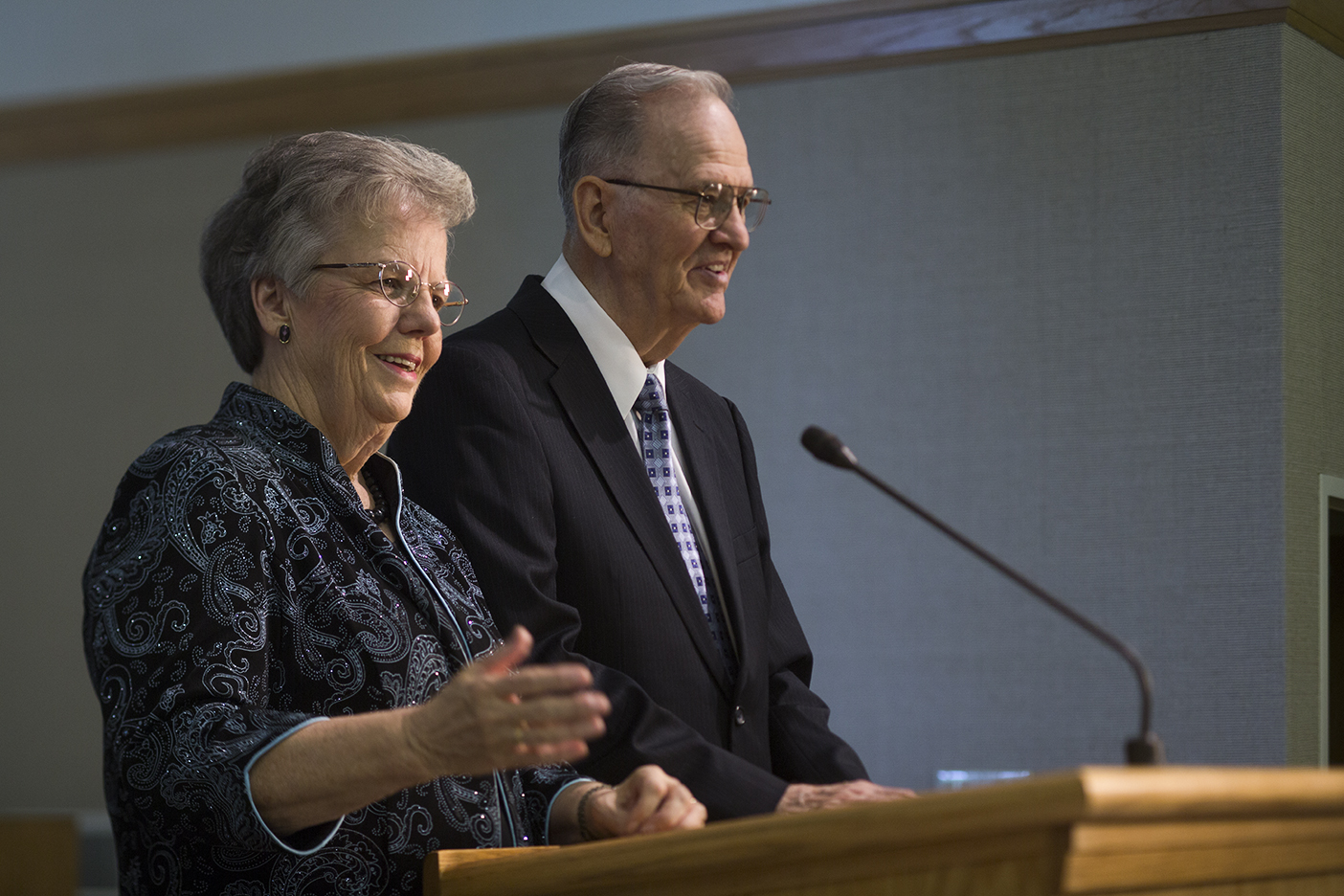
Steven says his mother lives the virtues she extols in her music. “Her goal is to reach the one,” he adds. She has achieved that, in part, by opening her home to many people who needed the Perry brand of nurturing. The Perrys have been foster parents to a score of young adults through the years. They parented a Chinese student who came to BYU and took in a former prisoner they believed could use unconditional love.
The couple also began to miss the experiences from their mission to Chile, many of which focused on music. They had “graduated” 24 members from keyboarding and conducting so that everyone in the areas they served could sing simplified hymns. When another missionary experience presented itself closer to home, the couple spent three years serving Spanish speakers in southwest Provo. Again, one of their goals was to develop choirs and teach music. Perry identified four enthusiastic preteens who gravitated toward her music and told them she would give them free piano lessons as long as they came every week and progressed. She provided small keyboards from the Church and bought music but knew they needed regular pianos. “At some point you really need a pedal,” she says.
When the four students were later featured on the cover of the Church News, someone told her about the Mundi Project. Established in 2006, the foundation reconditions old pianos for students who qualify for reduced lunches in the school system and who have a piano teacher.
“They gave each child a piano,” Perry says. “What a joy. The children had permanent pianos of their own. Their skills really took off. I love them as if they were my own grandchildren. In five years’ time, all have excelled and have music callings in four different wards. One of them now teaches piano and another is learning to write songs that bring tears to my eyes.”
Her continuing legacy is substantial, says Jessop. “Janice’s songs embed principles of the restored gospel into music for children, and that is an incredible talent. Other than the General Authorities of the Church, by using simple songs that bear testimony, she has touched more lives in our faith than any living person I can think of.”


